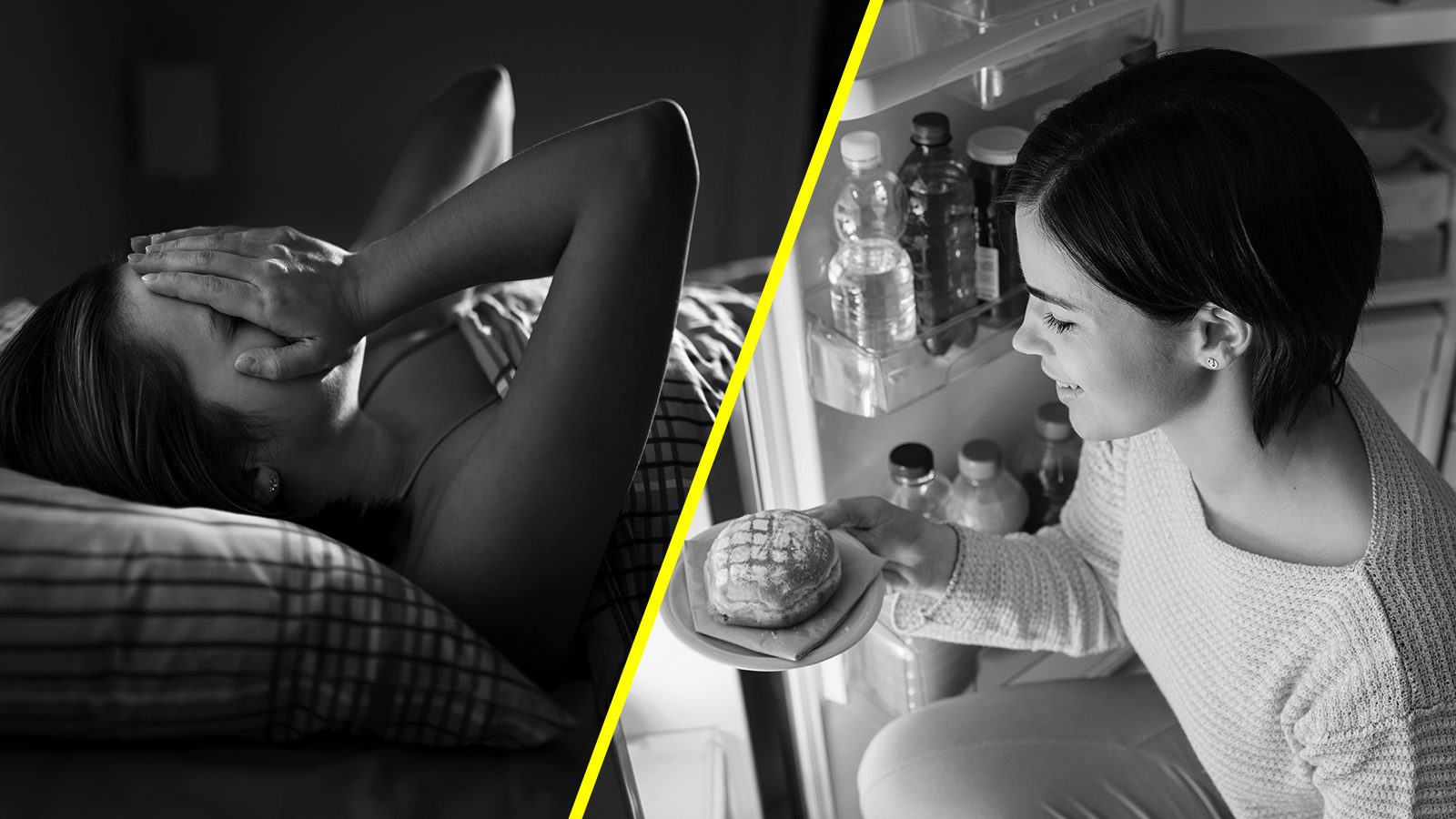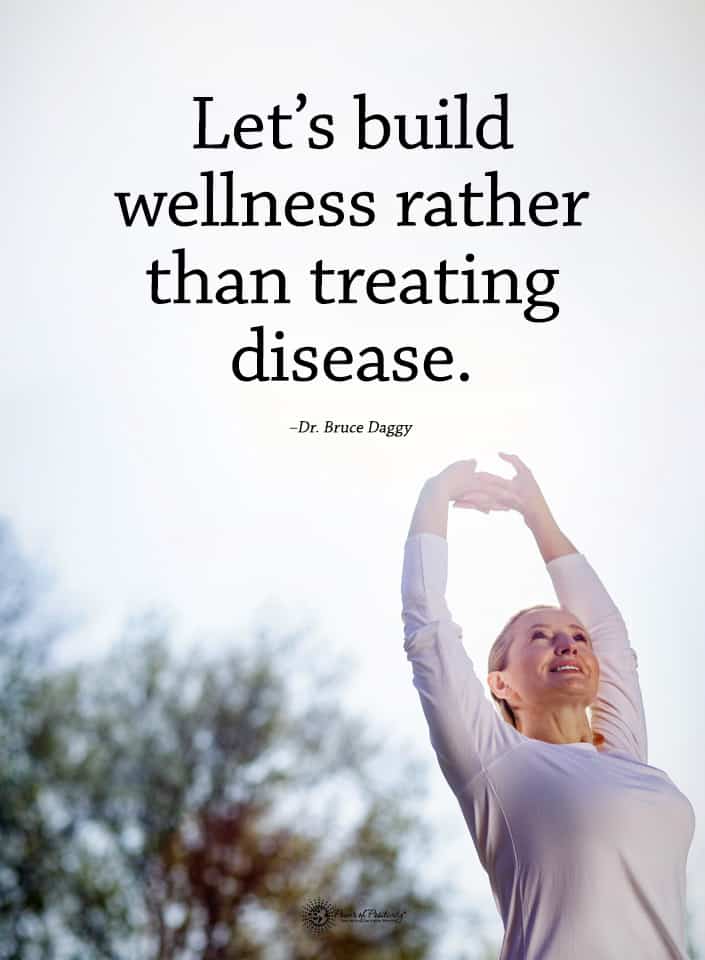Food is something that most people have a love-hate relationship with. It can bring people together, an integral part of many cultures. But it can also be someone’s worst enemy, such as sleep loss. Unfortunately, nutritional education is not the main focus of society at all.
And socioeconomic factors affect people’s diets. If you are from a low-income household, you don’t have the luxury to buy organic produce, so you settle for much cheaper fast food. Coupled with how society looks down on everyone with a little bit of fat on their bodies. This societal perception pushes many people into having an unhealthy relationship with food.
But these are not the only factors that can influence what you eat or how much you eat. Neuroscientists have found a correlation between sleep deficiency and food cravings. And it might indicate why making sure you have a clear sleep schedule is more important than it seems. Insomnia and lack of sleep are issues that affect all aspects of your life, and your nutrition is one of them. Read on to understand the correlation between sleep deprivation and food.
What Causes Insomnia And Other Sleep Loss Issues?
Insomnia is a sleep disorder that makes it hard for people to fall or stay asleep and even causes them to wake up too early. Even if you feel tired, you are unable to fall asleep. Instead, you end up staring at your ceiling, wishing you could fall asleep. It’s a more common disorder than most people might think. This disorder is the leading sleep issue, but you could also suffer from sleep apnoea or narcolepsy.
Sleep apnoea happens when your breathing starts and repeatedly stops, leading to a lack of energy. And narcolepsy makes people experience sudden periods of sleepiness during the day. Still, the main reason people lose sleep is that they suffer from various insomnia degrees. Most adults experience short-term (acute) insomnia at some point. This lasts for a few days, at most a few weeks.
Usually, acute insomnia results from stress, anxiety, or a traumatic event. But some people struggle with long-term (chronic) insomnia, which lasts for months or even longer. Insomnia can be a problem by itself or can be associated with other conditions. Stress is a prevalent factor that causes sleeplessness. But traveling, a busy work schedule or generally poor sleeping habits can factor in. In the case of chronic insomnia, more severe conditions can be involved.
The Connection Between Mental Illness and Sleep Loss
Mental health issues like depression, anxiety, or PTSD can disrupt sleep patterns. Side effects of certain medications can also cause insomnia. Medical conditions like cancer, diabetes, asthma, and more also lead to sleeplessness. Because of how many issues can lead to insomnia, this disorder is something that you’ll almost certainly struggle with. But even if you don’t have insomnia, the mere business of life can make you lose sleep.
A student might not be able to sleep for days during exam periods. An entry-level employee might have to work up to 12 hours a day. Even those disruptions in the sleeping pattern can lead to specific cravings.
How Sleep Loss Impacts Food Cravings
These are some reasons why insomnia can negatively impact unhealthy food cravings.
1. Sleep Loss Often Stimulates Primal Brain Regions
Everyone knows from personal experience that sleep deprivation can make you less logical. But there is a neurological reason why that happens. Research from UC Berkley found that lack of sleep increases the activity of primal brain regions. Those are the regions that respond directly to rewards, like, for example, the taste of food.
The researchers used fMRI to scan the brains of almost two dozen young adults. They did two tests, one after a night of good sleep and one after a sleepless night. They measured the volunteers’ brain activity while showing them eighty images of foods. The foods ranged from healthy, low-calorie options to junk food.
And the results showed that sleep-deprived participants were likelier to choose junk foods as their favorite. Many past studies showed a correlation between insomnia and cravings for sweets and junk food. But this study was the first to show a clear cause for this. Sleep deprivation causes a decrease in the frontal lobe’s activity while increasing the activity of primal brain regions.
The regions responsible for complex decision-making were clouded by the lack of sleep. And, even if tired people knew they shouldn’t eat junk food, they still did it because the reward stimulated their brains. Fortunately, the same researchers suggested that fixing our sleep schedule will decrease these cravings. If you are struggling with overeating, check how much you sleep. If it’s less than seven hours a night, that might cause your weight gain.
2. Tired People’s Brains Use More Energy
When you lose sleep, the brain becomes foggy and slow. Tasks that used to be simple and straightforward start to seem impossible. Even automatic responses start requiring actual effort. And the brain can’t do all these extra tasks alone. To function, it needs fuel and energy.
When you are sleep-deprived, you start experiencing changes in your neurotransmitters, such as dopamine. But most importantly, when the brain is tired, it promotes signals that increase your appetite. And Christian Benedict, a neuroscientist at Uppsala University, agrees with this idea. He says the brain cannot afford to waste energy controlling cravings and impulses. Instead, it encourages those signals to get the calories it needs to keep functioning.
Even though he warns about the impact of sleep on cravings, he also states that other aspects are just as important. Physical activity, accessibility to healthy food, and dietary restrictions are also essential. Even though sleep loss can make you want to eat sweets from time to time, it won’t cause a systematic issue.
3. Lack Of Sleep Affects Your Senses
When you eat, your body has ways to signal that you are full. There are stretch receptors in your stomach that are activated when filled with water or food. These receptors signal the brain and create a feeling of discomfort if you overeat. Plus, other hormonal signals get released as nutrition enters the small intestine.
The smell is an essential sense that determines how hungry you get. If food doesn’t smell enticing, you might not even be interested in eating it. Research showed that the body parts responsible for the sense of smell don’t respond well when you are tired. The same goes for the components accountable for taste or food in the stomach. Because of this, tired people respond better to a more enticing smell.
And that craving is so powerful that you don’t stop considering how many calories food has. If you are struggling with insomnia, chances are you will be getting mixed feelings about how much food you need. Even if you are full, your brain might tell you you are still hungry.
Unfortunately, you will always crave unhealthy foods if you struggle with sleep loss. The best way to ensure you don’t cave in is to keep only healthy foods around you.
4. Sleep Deprivation Leads To A Hormonal Imbalance
Lack of sleep is not something to be treated lightly. Statistics point out that people who sleep five hours or less per night are 50% more likely to be obese than people who sleep eight hours. This happens because sleep deprivation messes with your body’s hormonal balance.
Three powerful hormones are affected by lack of sleep. First, there is leptin, which is the hormone that regulates your appetite. This is the hormone that tells you it’s time to stop eating. But a lack of sleep dysregulates the levels of leptin in your body. This is because leptin peaks while you sleep, so a lack of sleep will affect how the hormone is released.
If not enough leptin is released, your brain will always feel that you are hungry. That’s why you will get more cravings when you are tired. Secondly, sleeplessness affects ghrelin, the hormone that tells your brain you are hungry. Your ghrelin levels can skyrocket even if you lose one night of sleep. You will feel like you are always hungry and can reach for snacks multiple times a day.
Lastly, insomnia affects the levels of insulin in your body. Insulin is a hormone responsible for fat storage, and responding to carbohydrate intake. If your insulin levels are too high, your body will store too much fat without a good reason. This fat can start accumulating around your organs, becoming dangerous for your health. And, when you don’t get enough sleep, your insulin levels rise, putting you at risk.
There is no way to control your hormones other than making sure you don’t do anything to imbalance them. And, naturally, that means getting the recommended amount of sleep.
Final Thoughts On How Sleep Loss Impacts Food Cravings
Sleep is an essential part of everyone’s life, and the quality of your sleep significantly impacts your health. It affects everything from energy levels to mood, appetite, and mental well-being. But the relationship between food and sleep is often overlooked. Losing some sleep may not seem like a big deal, but it can affect your cravings. People’s relationship with food is already complicated enough, so adding sleep disruption to the mic doesn’t help.
When you don’t get enough sleep, your brain starts signaling to the primal parts of your brain that something is wrong. Your brain responds to rewards more than normal, which triggers cravings. Because your brain needs more energy to function when it’s deprived of sleep, it needs more calories.
Plus, tiredness clouds your senses and makes specific receptors in your brain malfunction. Coupled with the fact that lack of sleep leads to a hormonal imbalance, your body will start receiving mixed signals regarding food. If you want to avoid craving sweet or junk food, ensure you get at least the recommended eight hours of sleep per night.

















 Community
Community

